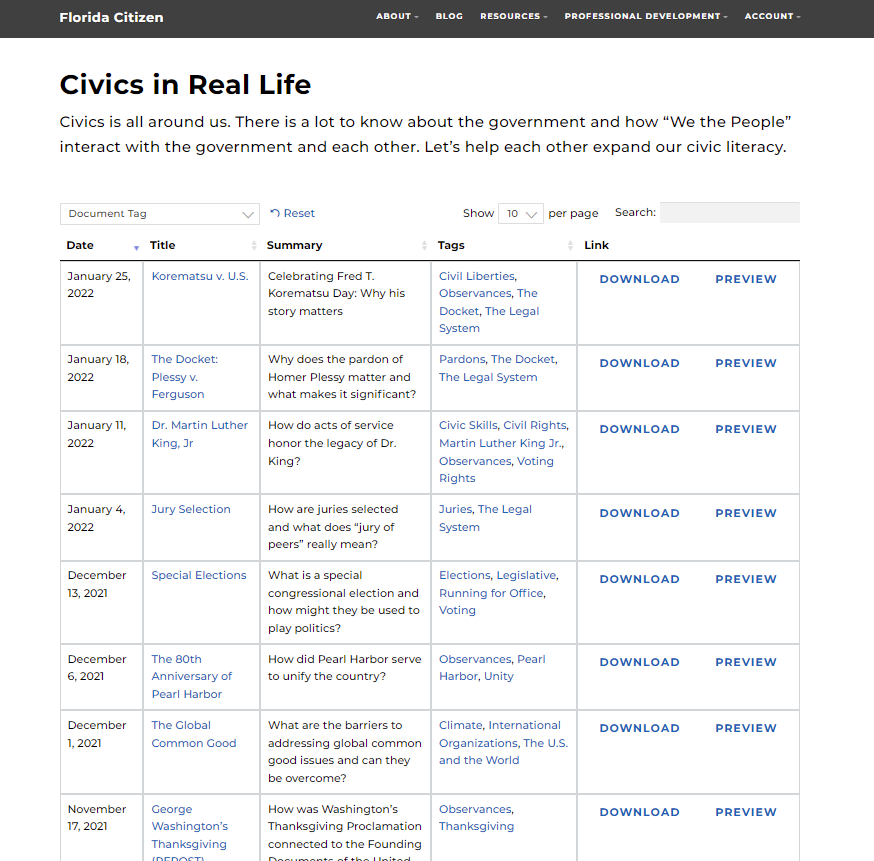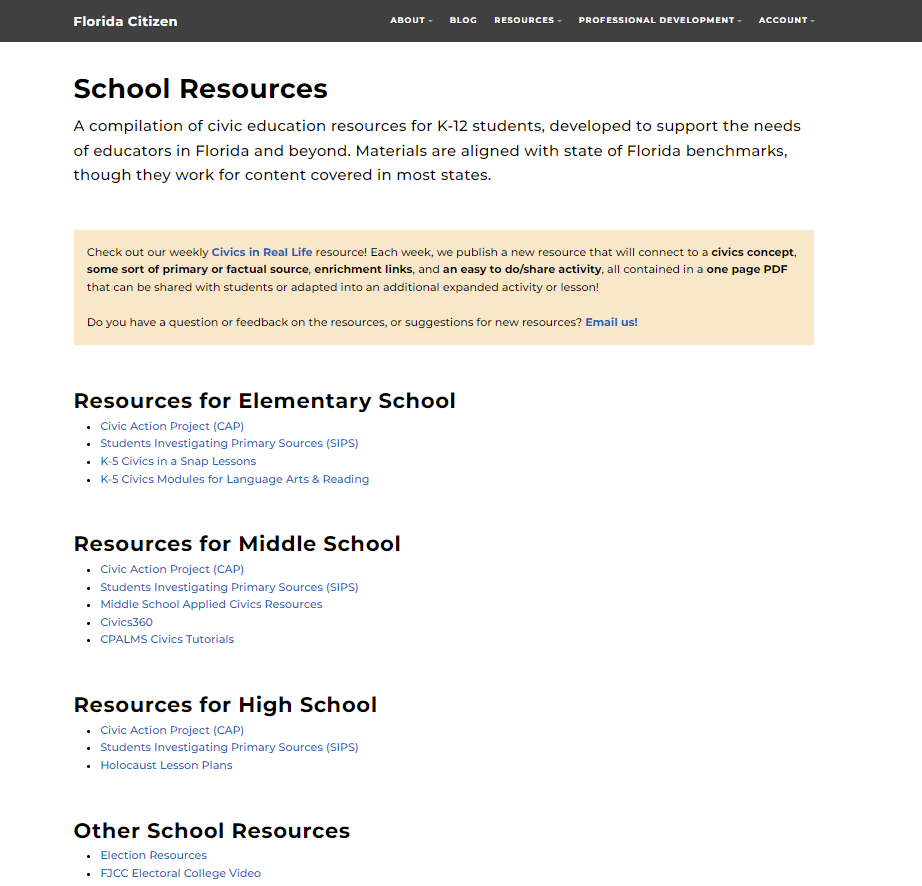It is not inevitable that Russia will gain control of large portions of Ukraine, but that outcome is certainly possible, even if the invaders must resort to sustained shelling and bombing to capture cities. If an occupation does come to pass, I would anticipate (and support) an armed insurgency. My topic, however, is the possibility of nonviolent resistance–in Ukraine, in Russia, and even in Belarus.
I make no assumption that nonviolence is morally superior to war. An insurgency will be fully justified in the event of an occupation. However, I believe:
- Nonviolence has powerful potential.
- A nonviolent movement can complement a violent insurrection, as was the case in British India, South Africa under apartheid, or Palestine 1987-93 (notwithstanding major differences among these examples).
- A nonviolent movement permits a whole population to participate in forging a democratic future together, whereas a military effort is intrinsically hierarchical and selective; and
- The circumstances for nonviolence could be propitious. Here I will make a cautious case for optimism.
Already, we see effective moments of nonviolent resistance in Ukraine. This is the widely-viewed video of a Russian tank turning around and driving away when confronted by civilians (apparently near Zaporizhzhia). Although many such cases will have tragic results, the example is powerful. Presumably, most Russian soldiers do not want to run over or shoot Ukrainian civilians. Their reluctance will be a serious challenge to the Putin regime.
Restraint by ordinary Russian soldiers is one reason for tentative optimism. I do not share the view that Russians will be restrained because of their cultural, linguistic, and other similarities to Ukrainians. During this period of very strongly justified concern about racism, we sometimes forget that people can eagerly slaughter others who look just like them. Ukraine from 1932 to 1945 (or even from 1914 to 1945) provides catastrophic examples. Putin’s problem is different. He has failed to legitimate the invasion in any way; and human beings rarely like killing other people unless a war has been legitimized (or they are scared of being killed first).
A second favorable circumstance: Ukraine may have the largest number of highly experienced nonviolent civil resisters in the world, thanks to the successful Revolution of Dignity (2014), which is pervasively and eloquently memorialized in the parts of the country that I have visited. Certainly, the Russian regime–and any puppet regime it installs Ukraine–will be more ruthless than many of the governments that have lost to nonviolent protests. At the same time, the Ukrainian nonviolent resistance will be particularly large, experienced, and motivated. An almost unstoppable force will meet an almost immovable object, with unpredictable results.
Size is an advantage for nonviolent movements. Erica Chenoweth and Maria Stephan found that no major protest movement between 1900 and 2006 failed if it mobilized 3.5 percent of the national population. Their work has inspired claims like this one: “Once around 3.5% of the whole population has begun to participate actively, success appears to be inevitable.” The word “inevitable” overstates Chenoweth’s and Stephan’s findings: the next effort could end in failure. Many of the fully successful cases occurred during a period (ca. 1985-95) when authoritarian regimes were senile and demoralized, whereas lately they have proven resourceful and resilient.
More importantly, some people have drawn a mistaken inference from Chenoweth’s and Stephan’s finding, assuming that the presence of 3.5 percent of the population on the streets causes a regime-change or another major policy shift. As several experts have told me, the causal story is almost certainly different. If a set of organizations and networks is able to get 3.5 percent of the population onto the streets against a government, then either it is strong enough to pose a serious threat, or else the failure of the regime to stop such a large protest indicates the government’s hesitancy, incompetence or internal divisions–or all of the above. In other words, 3.5 percent is a symptom, not a cause.
Still, we could expect a large nonviolent movement in Ukraine. Maciej Bartkowski summarizes a 2015 survey of Ukrainians that showed a high degree of hypothetical willingness to join a nonviolent movement against a foreign occupier. Of course, there is no way to know whether answers to such survey questions predict actual behavior, but so far, the level of mobilization in Ukraine exceeds expectations. In the 2015 poll, three times more people stated that they would act nonviolently than violently. Given the extraordinarily high rates of voluntary participation in the war so far, that ratio would imply that virtually every Ukrainian will take part in nonviolent direct actions.
Organization and leadership offer a third reason for optimism. A Russian guy who was aligned with Putin once badgered me with the question: “Do you believe in spontaneous revolutions?” He believed–as Putin probably sincerely believes–that the Ukrainian peaceful revolutions have been CIA operations. I could have named the Russian Revolution of 1905 as an example of a spontaneous uprising, since it seemed to come out of nowhere. But a better answer is: no. Massive popular movements are not spontaneous; they are organized. However, the Ukrainian Revolution of Dignity was organized by Ukrainians in a decentralized way (with modest European and US support), and many of the organizers are still around to try the same approach again.
I am not sure whether the same person can serve as the leader of a nonviolent movement and an armed insurrection. (Nelson Mandela is a special case, for many reasons, including that he was imprisoned.) President Zelensky, if he survives, will presumably head the insurrection, just as he currently serves as the commander in chief of Ukraine’s armed forces. Still, one can see his principled decision not to leave Kyiv as an example of the kind of sacrifice that nonviolence demands. He may inspire, even if he cannot organize, a nonviolent struggle.
The other side of the coin is the potential for nonviolent antiwar–or even pro-democracy–movements in Russia and Belarus. I have no way of estimating the chances of success in either country. However, we have already seen very brave Russians take to the streets as well as anti-war protests in Minsk. May they succeed, not only for Ukraine’s sake but also for the good of their respective countries.
A truly effective movement in Russia or Belarus would require the kinds of organization and coordination that state security agencies are increasingly effective at destroying. Therefore, no one should imagine that success will be likely or easy. Yet resistance can take many forms: not only massive public protests but also a palace coup, emigration and disinvestment, or what James C. Scott named the “weapons of the weak”: ordinary foot-dragging and noncompliance. Russians and Belarusians might use those tools out of genuine support for Ukraine or simply because they resent their superiors and their orders. The Ukrainian official Oleksiy Arestovich appealed recently to Russian soldiers: “Like any military person, you know that there are a million ways not follow the order … You get lost, you break down, the radio station does not work, etc. We believe in you and count on your courage, honor and prudence, which will allow you to make the right choice in this time of tension.”
Indeed, courage, honor and prudence can take a wide range of forms, from throwing a Molotov cocktail at an armored personnel carrier, to holding a sign in a Moscow street, to challenging Putin in a closed-door meeting, to just failing to understand an order on the radio. I am certain we will see a lot of all these things in the days and weeks to come. Whether they succeed is perhaps the most important question of all, unless the Ukrainian military can actually win a conventional war on the ground.
See also: why I stand with Ukraine (from 2015); working on civic education in Ukraine (2017); and Ukraine means borderland (2017). See also the case for (and against) nonviolence.


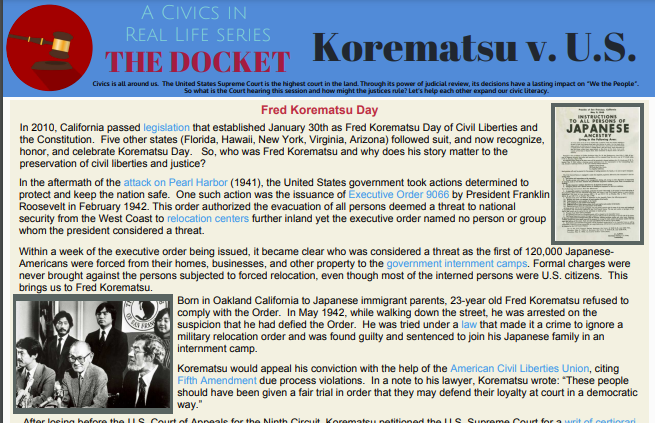

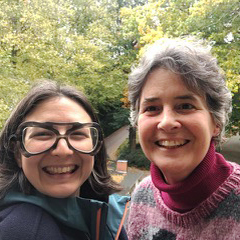
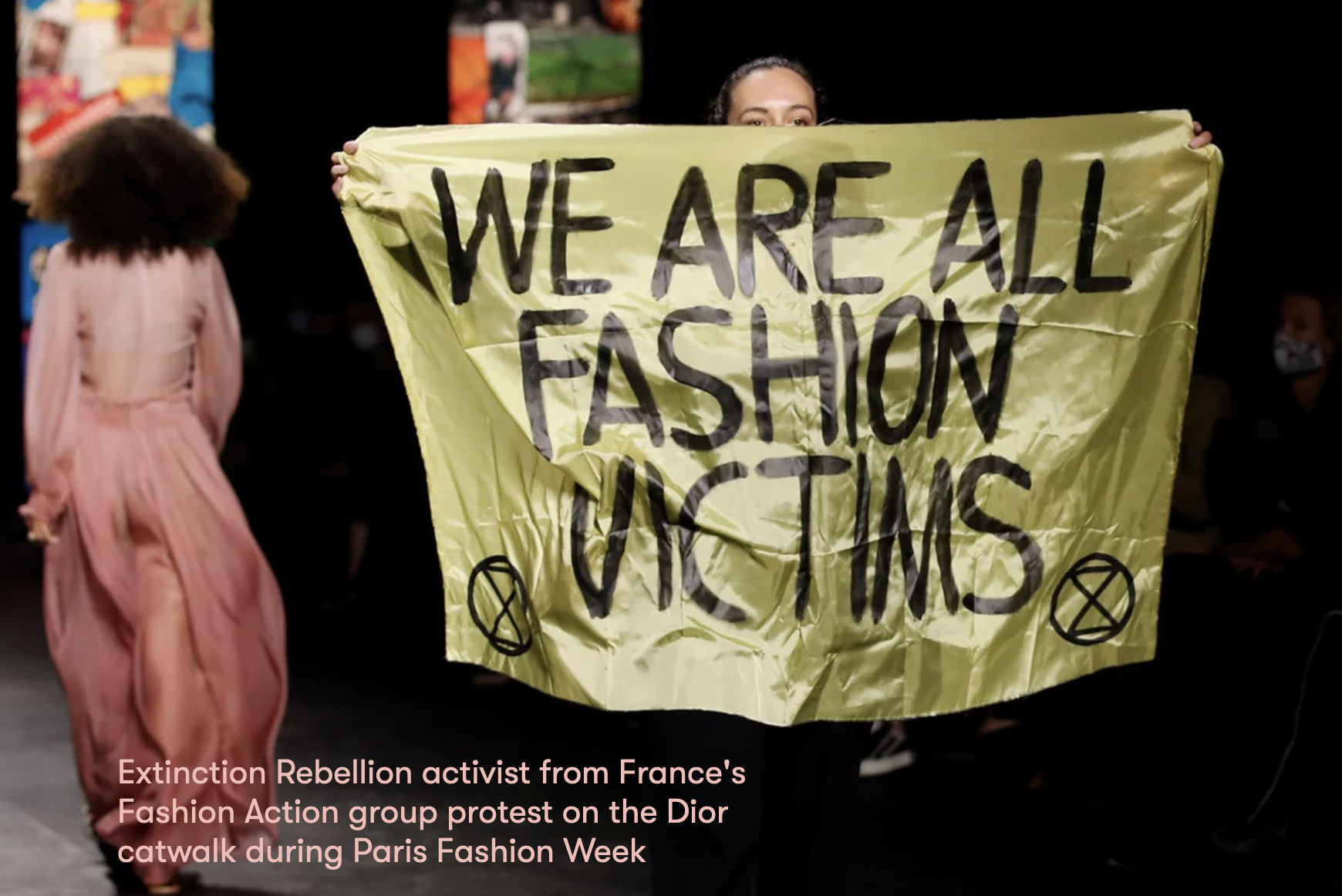 Some might worry that degrowth in fashion will result in far less creativity in clothing design. Niessen bluntly rejects this argument: "There are thousands of clothing systems in the world. It's just that the particular clothing system in the West, associated with one economic system, has blown its culture out of proportion and given it a global reach. If you think about degrowth -- shrinking the industry down to size and focusing again on locality -- you will see a return of pluriversality in clothing design," she said. The system will become "so much richer [in creativity] than the existing fashion system." which has turned the entire world into a single, more homogeneous market.
Some might worry that degrowth in fashion will result in far less creativity in clothing design. Niessen bluntly rejects this argument: "There are thousands of clothing systems in the world. It's just that the particular clothing system in the West, associated with one economic system, has blown its culture out of proportion and given it a global reach. If you think about degrowth -- shrinking the industry down to size and focusing again on locality -- you will see a return of pluriversality in clothing design," she said. The system will become "so much richer [in creativity] than the existing fashion system." which has turned the entire world into a single, more homogeneous market.
